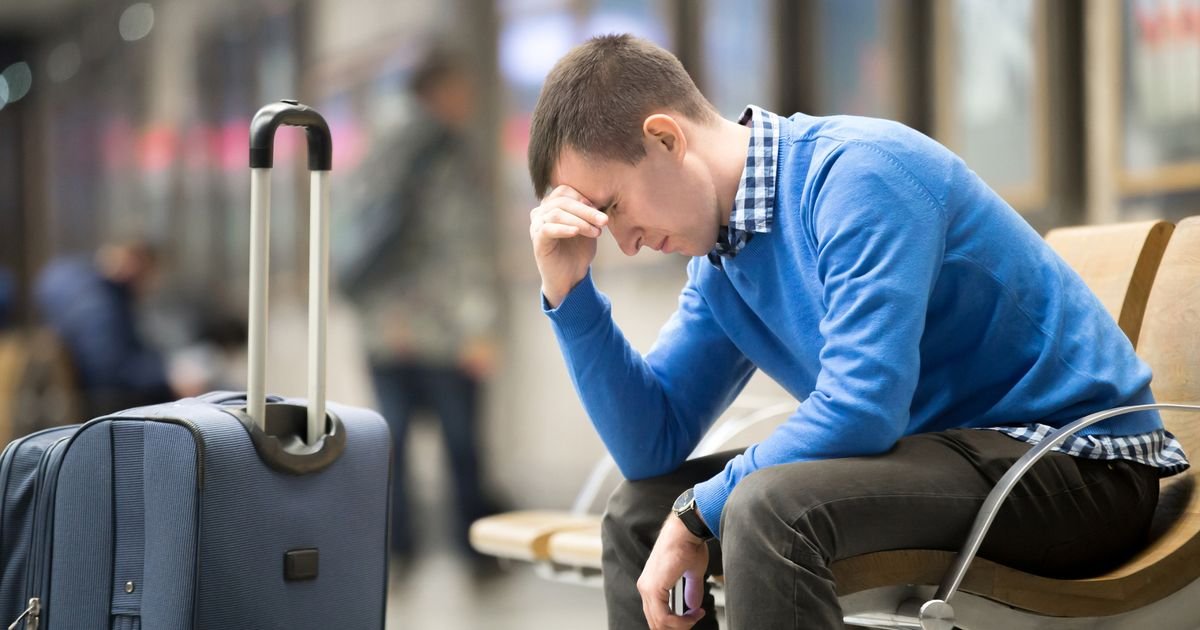According to travel insurance experts, most rejected claims stem from avoidable mistakes – here’s what you need to bear in mind when going on holiday
Travellers are being warned that some common mistakes could completely invalidate their insurance. From leaving a window unlocked to skipping a police report, a string of avoidable events can quietly invalidate your cover.
That’s why Forum Insurance is urging holidaymakers to read the fine print before they travel or risk returning home to a rejected claim. The advice comes as UK insurers paid out over half a billion pounds in travel claims last year, but also rejected thousands for failing to meet policy conditions.
Niraj Mamtora, director at Forum Insurance, said: “Insurance is there to protect you, but it has rules, and those rules matter. Most rejected claims stem from avoidable mistakes.
“If you don’t know what your policy requires, you could be left stranded or out of pocket. Read the exclusions, ask questions before you go, and don’t assume you’re covered just because you bought a policy. It only works if you follow the terms.” Below are seven ways your travel insurance could become invalid.
1. Leaving your hotel balcony door or window unlocked
“If there’s no sign of forced entry, many insurers won’t pay out. It’s that simple,” says Niraj. “We often see claims for stolen items from hotel rooms declined because a door or window was left unlocked.
“It doesn’t matter whether you’re in a five-star resort or a budget apartment. Policies usually require evidence that a thief had to break in. If you’ve left an access point open, the assumption is that you didn’t take reasonable care.”
2. Leaving belongings unattended at the pool or beach
“Stepping away from your bag for even a few minutes can invalidate your claim,” Niraj warns. “People think a quick dip or a trip to the bar is harmless, but from an insurance perspective, you’ve left those items unguarded.
“That’s classed as negligence. Most policies will state clearly that unattended belongings in public areas are not covered, regardless of how short the time or how secure you felt.”
3. Not filing a police report in time
“If something is stolen or lost, you usually have 24 to 48 hours to report it to the local police,” explains Niraj. “Some people try to wait until they get home or think a hotel report is enough, but that won’t meet the conditions of most policies.
“You need a formal report from the local authorities, ideally with a case number and location. Missing that step is one of the most common reasons we see valid claims denied.”
4. Not using the hotel safe for valuables
“Valuables not stored in a locked safe are rarely covered,” says Niraj. “If you leave your passport, jewellery, or expensive tech out on the bedside table or tucked into a suitcase, and they’re taken, your insurer may argue you failed to secure them properly.
“The policy wording often requires that high-value items be locked in a hotel safe when not in use. It’s a small effort that makes a big difference to whether you’re covered.”
5. Lending items to friends or travel companions
“Policies usually cover you, not your mates,” Niraj explains. “If a friend borrows your phone, camera or headphones and they break it or lose it, the insurer is unlikely to pay out unless that person is specifically named on the policy. You need to think of your cover as personal, not shared. Just because someone is travelling with you doesn’t mean they’re included in the protection.”
6. Packing valuables in checked luggage
“Laptops, watches, cameras and other high-value items should never go in the hold,” Niraj advises. “Airlines may mishandle luggage, but your insurer is unlikely to cover these items if they weren’t with you in the cabin. This is clearly outlined in many travel insurance policies, but it’s still a common mistake. Always pack anything you can’t afford to lose, or can’t replace easily, in your carry-on.”
7. Taking a day trip to a non-covered country
“This one catches people out all the time,” says Niraj. “You might have cover for Europe, but if you take a bus from Croatia to a neighbouring country, such as Montenegro, your insurance can become void the moment you step over the border.
“Even if you’re only gone for a few hours, if something happens, you could be completely uncovered. It’s vital to check which countries are listed and whether regional trips are included.”
































You must be logged in to post a comment Login